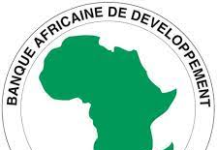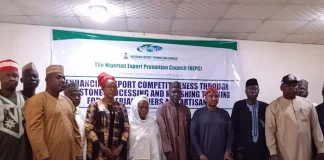The Federal Government reviews the compensation rates for crops and economic trees impacted by infrastructure projects across the country, aiming to ensure that landowners receive fair compensation for their losses.
Minister of Housing and Urban Development, Ahmed Dangiwa, announces this at the 2024 National Technical Development Forum (NTDF) on Land Administration in Abuja. The forum, themed “Review of Compensation Rates on Crops and Economic Trees for Project Affected Persons in Nigeria,” focuses on updating the compensation framework to reflect current economic conditions.
Dangiwa highlights that the existing rates, established in 2008, are outdated and no longer align with modern economic realities or international standards. “The Federal Government commits to ensuring compensation reflects the true market value of assets, particularly long-term investments like cocoa, oil palm, rubber, and cashew trees,” he states.
The review, supported by the Rural Access and Agricultural Marketing Program (RAAMP), aims to make the compensation process more just and transparent. Dangiwa emphasizes that crops and economic trees are valuable assets, providing income and holding cultural and emotional significance for affected communities.
He also notes that challenges arise under the Land Use Act of 1978, particularly in its implementation, leading to delays and inadequate compensation. The government works to address these issues, ensuring development projects uplift rather than impoverish those affected.
Dangiwa stresses the government’s responsibility to protect vulnerable groups, including women, the elderly, and marginalized communities. “We develop policies that balance infrastructure development with the protection of livelihoods and the environment,” he adds, reaffirming the administration’s commitment to equity and fairness in compensation.













